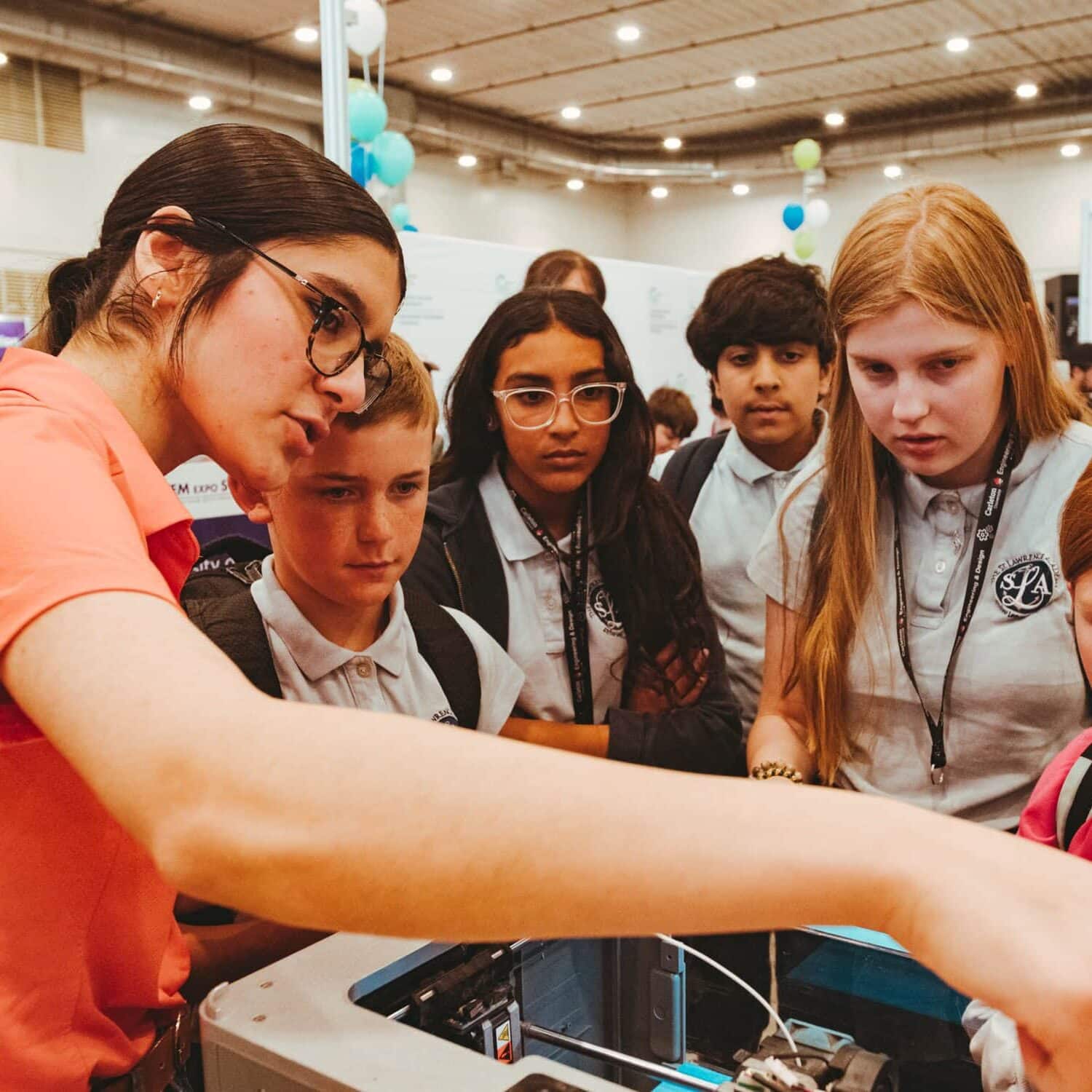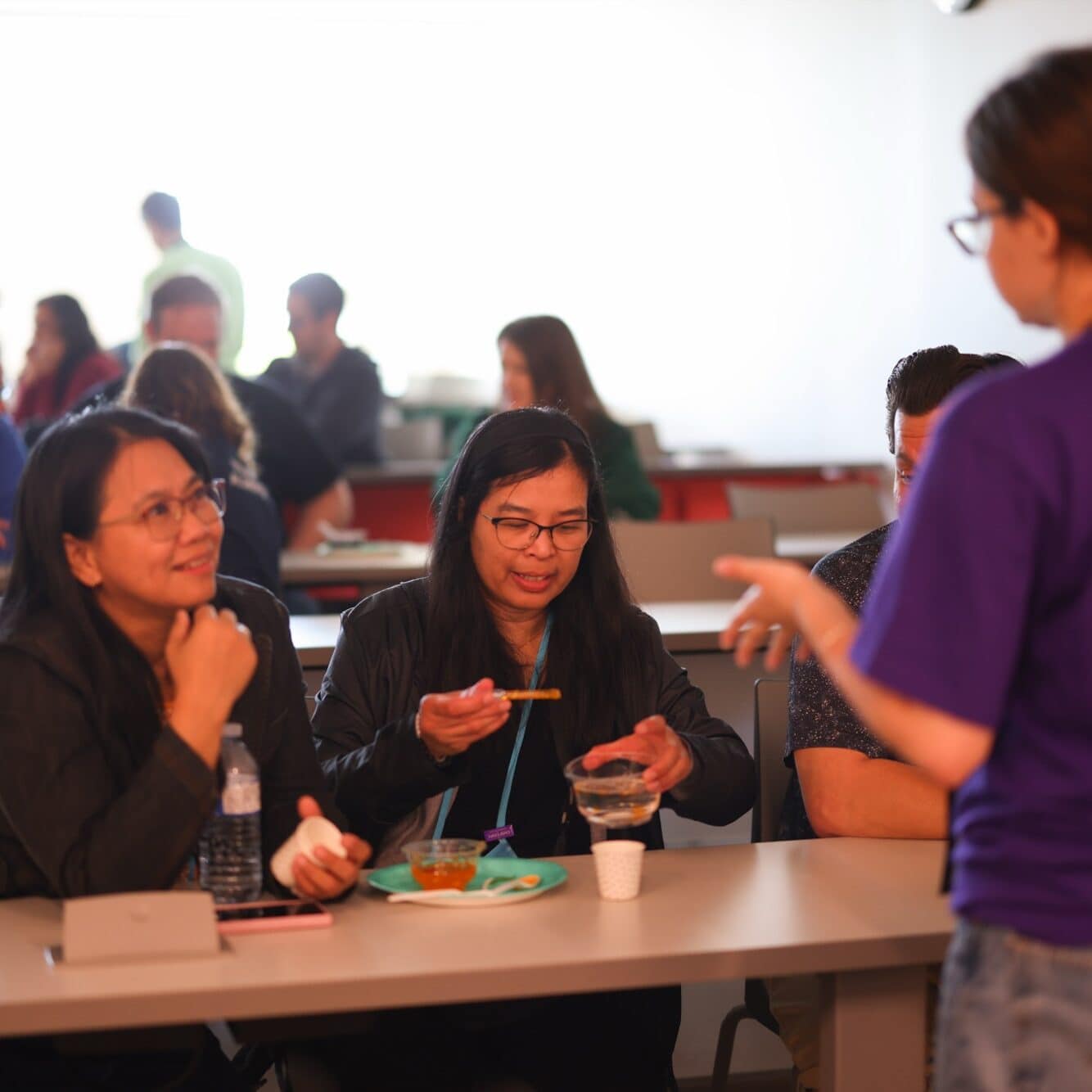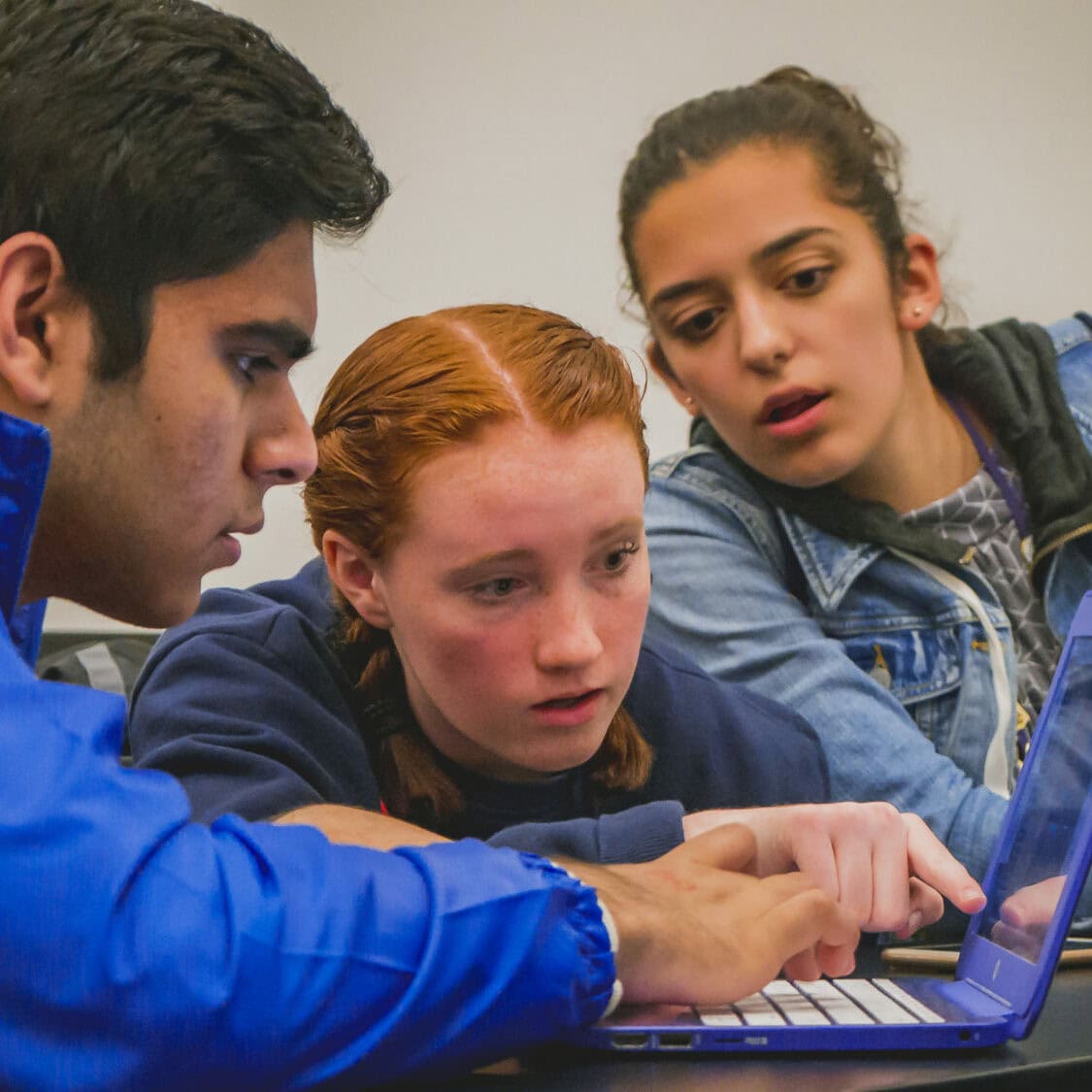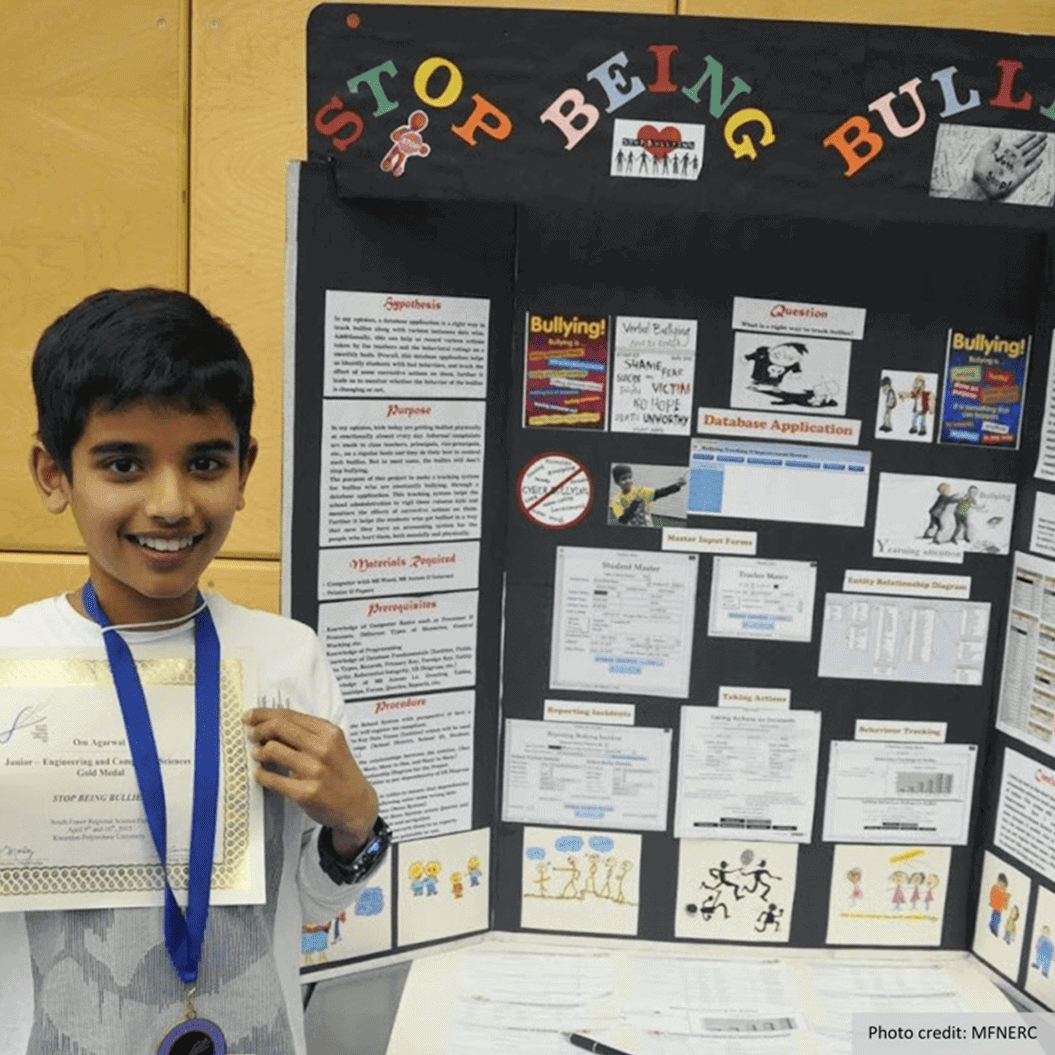Why Inquiry-Based Learning Matters
You’ve seen it happen: a student who struggles with textbook science suddenly comes alive when investigating something they’re genuinely curious about. They ask better questions. They think more critically. They remember what they’ve learned because they discovered it themselves.
That’s the power of inquiry-based, project-based learning—and it’s more achievable than you might think.
Whether you’re supporting one student through a science fair project or transforming your entire approach to teaching science, Youth Science Canada provides the framework, resources, and community to make it work.
The impact is real:
- Students develop 35 essential inquiry skills that transfer across subjects
- Engagement increases when learners drive their own investigations
- Assessment becomes about process and growth, not just content recall
- Your classroom becomes a space where curiosity is cultivated, not just answered








